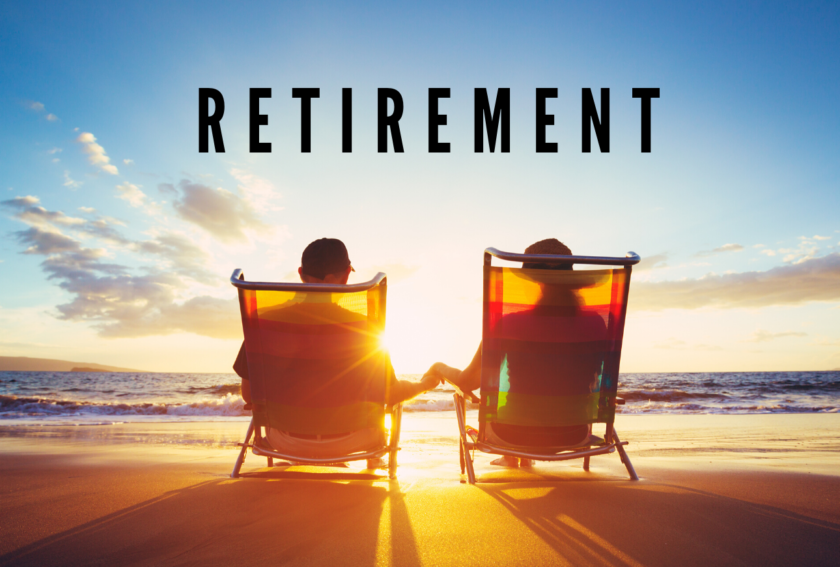The Government has confirmed that the state pension will rise by 2.5% next April under its current triple lock system. At a time when government is piling on debt and freezing public sector wages, this will inevitably bring the triple lock under scrutiny and future retirees may well have to rely far more heavily on savings and investments, expert say.
Under the triple lock mechanism, pensions are guaranteed to rise each year by the highest of either price inflation, earnings growth or 2.5%.
Pensioners who are entitled to the full new state pension will receive £179.60 a week from 6 April 2021, up from £175.20, resulting in a £228.80 increase over the course of the tax year.
Pensioners on the old basic state pension of £134.25 will get an extra £3.35 a week, amounting to a £176.80 pay rise during 2021-22.
Reacting to the news, pension experts said that while pensioners could breathe a sigh of relief, the ongoing economic turmoil could see the triple lock come under scrutiny going forward.
In a statement, Aegon said: “With the huge financial impact of COVID-19 laid out alongside the Spending Review, many had questioned if it was either affordable or fair to stick to a pre-pandemic formula. Today’s state pensions are paid from the National Insurance contributions of today’s workers, many of whom have and continue to suffer financially during the pandemic.
“The big question now is whether the triple lock will survive another year. Earnings growth is likely to be distorted and highly volatile for the foreseeable future, further exacerbated by the public sector pay freeze. A scenario with a fall in earnings next year followed by a sharp recovery the next could see the triple lock formula in that year produce a huge increase to state pensions while workers might simply be returning to pre-COVID pay levels. On grounds of intergenerational fairness, we believe some smoothing may need to be introduced into the formula.”
Meanwhile, Ian Browne, pensions expert, Quilter, said that providing an inflation-busting income rise to pensioners while simultaneously announcing a public sector pay freeze was a “difficult message.” Browne warned that with pensioner spending projected to rise 27% by 2025/26 by the OBR, the Chancellor may be forced to turn to retirees as it seeks to restore fiscal stability in the wake of the Covid-19 pandemic.
“The message for older people is that whilst state pension incomes are protected for the coming year, there will be big pressure on government to unpick the triple lock over the remainder of this Parliament. It is dangerous to rely on a guaranteed minimum rise in state pension payments every year, meaning private savings and investments will be crucial.
“If the triple lock is scaled back then it should coincide with a holistic review of state-sponsored retirement benefits. State pensions have been gradually ratcheted up by the triple lock in an effort to alleviate pensioner poverty, but this doesn’t hide the fact that we haven’t conducted a proper review of whether the state pension is achieving that.
“In addition, the current cost of the state pension will not go unnoticed by younger generations as intergenerational inequality had been growing even before the pandemic and has been heavily exacerbated in the past six months. As all retirees of today get an uptick in their state pension, the younger generations will be wondering how this is fair given the struggles they are facing.”






























